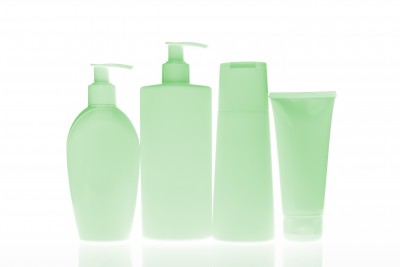On January 25, 2013, the U.S. Food and Drug Administration (“FDA”) announced that it has entered into a consent decree of permanent injunction with Jonlly Fruits, Inc. (“Company”) and its President, Bartolo Pérez Román. Jonlly Fruits is a frozen fruit, juice, and vegetable manufacturing company located in Puerto Rico. Under the consent decree, signed by Judge Gustavo A. Gelpi of the U.S. District Court for the District of Puerto Rico, the Company agrees to cease all operations until it complies with the Federal Food, Drug, and Cosmetic Act (“FDCA”). This will include complying with Current Good Manufacturing Practice (“cGMP”) and Hazard Analysis Critical Control Point (“HACCP”) regulations for juice as well as food labeling requirements. The FDA’s announcement may be accessed here.
Previously, on March 23, 2011, the FDA issued a warning letter to Jonlly, noting that its products were adulterated under the FDCA due to the company’s failure to develop the required HACCP plan for its orange juice concentrate. According to Section 402 (a)(4), a food is adulterated if it has been prepared, packaged, or held under insanitary conditions whereby it may have been rendered injurious to health. Under 21 C.F.R. § 120.7(a), the FDA requires the processor of juice products to conduct a written analysis of the hazards that are likely to occur during each type of juice processing. In addition, processors must develop a system to control the hazards, including a written plan that outlines the necessary controls. If juice processors or manufacturers fail to comply with these HACCP requirements, their products will be deemed adulterated. You can read more about the HACCP requirements for juice here.
Also, at the Jonlly facility the FDA found serious violations of the Current Good Manufacturing Practices (“cGMPs”). The Current Good Manufacturing Practices are published in Title 21 of the Code of Federal Regulations, Part 110. They describe the methods, equipment, facilities, and controls for producing processed food. Allegedly in violation of these regulations, Jonlly failed to maintain minimum sanitary and processing requirements, including preventing the contamination of its juice products and maintaining a proper temperature.
Finally, many of Jonlly’s products were deemed misbranded under the FDCA, as the labels displayed a nutrient claim but did not meet the FDA requirements to make the particular claim. Characterizing the level of a nutrient in food labeling of a product without complying with the specific agency requirements pertaining to nutrient content claims for that nutrient causes a product to be deemed misbranded within the meaning of Section 403(r)(1)(A). For example, many of Jonlly’s product labels declared the claim “light” but did not provide a reference food as specified under 21 CFR 101.13(j) and 101.56(b). Also, certain Jonlly labels declared “100 % Vitamin C” which is an incomplete nutrient content claim. In particular, the labels failed to describe the percentage of Vitamin C in relation to the Reference Daily Intake (RDI) for the vitamin in a serving of the products.
In addition to the present action, the FDA’s announcement notes that Jonlly Fruits has a long history of noncompliance with the laws and regulations enforced by the agency. In addition to warning letters, in 2012, a recall was issued due to undeclared allergens in several of the company’s products. Overall, Jonlly Fruits has a history of violations which, according to the FDA, have gone largely uncorrected. For more information about the importance of correcting violations cited in warning letters and how such responsiveness may be beneficial in the long-run, see our previous reports here.
For more information about compliance with food processing and labeling requirements, please contact us at contact@sglawfl.com.




